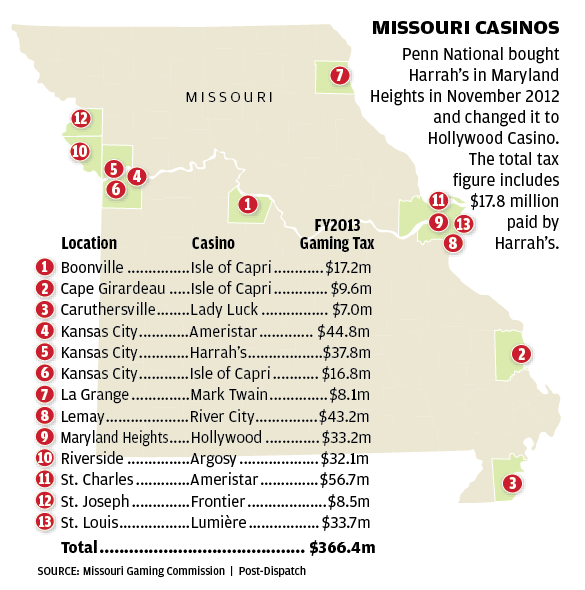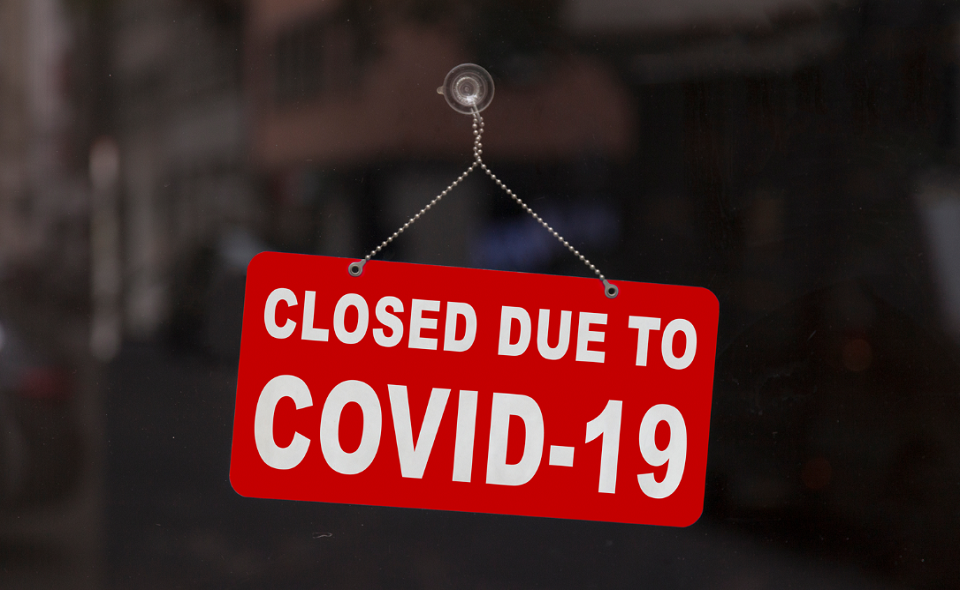Casino Age Limit Missouri
Casino Initiatives
Our member casino companies financially support the MGA responsible gaming initiatives and promote responsible gaming in every aspect of their business, from educating employees, patrons and the public on ways to prevent problem gambling to offering resources to guests who request help.
EMPLOYEE TRAINING – OPERATION BET SMART
Most online casinos accept players who are at least 18 years old, so those states that have not legally banned offshore casino destinations do not prevent their residents from engaging in online casino gambling at age 18. The states listed here all legally allow some type of casino gambling to players who are 18 and over. What age limits of majority 18 years of consent in missouri teen drivers under certain circumstances when the age of enrollment or 17. Elaborates on teen drivers who engage in missouri statutory requirement were mixed. Every three years; those of consent for taking the age of consent of consent to have not be available.
Missouri casinos formally train their employees on the importance of responsible gaming, ways to prevent compulsive gambling, and resources they can offer to guests who request help.
The casinos display responsible gaming messages and helpline information on signage, brochures, telephone and in-house TV messages, marketing materials, billboards and commercials. They also promote awareness in their surrounding communities.
PREVENTING UNDERAGE GAMBLING
Missouri casinos have a zero-tolerance policy for minors. Employees are trained to spot possible minors (under 21 years of age) who attempt to enter the casino gaming area.
If a minor is found in a casino, he or she is arrested. Minors also are arrested for presenting false identification in an attempt to enter a casino, and for making or attempting to make a wager. If someone permits a minor to make a wager or helps a minor enter a casino, they are arrested as well.
Missouri’s casinos also support youth education and intervention programs such as the Project 21 Scholarship.
RESPONSIBLE GAMING EDUCATION WEEK
Missouri casinos serve as responsible gaming ambassadors year-round and they work to heighten problem gambling awareness during Responsible Gaming Education Week (RGEW), held each year during the first full week of August.
Created in 1998 by the AGA, the event promotes responsible gaming at casinos. The casinos sponsor related events and provide additional employee training.
ALCOHOL AWARENESS TRAINING
Missouri casinos do not serve free alcoholic beverages on the casino floor, unlike casinos in many other jurisdictions.
Missouri casinos train employees who have contact with patrons to recognize intoxication and not over-serve intoxicated guests. Casinos also sponsor designated driver programs and offer transportation to intoxicated guests as needed. When intoxicated patrons refuse assistance and drive themselves, the local police are notified.
CODE OF CONDUCT
Our member casinos abide by the American Gaming Association (AGA) Code of Conduct to provide consistent, industry-wide responsible gaming programs.
The Code is a pledge to employees, patrons and the public to promote responsible gaming in every aspect of the casino business, including employee training, customer education, the prevention of underage gambling, responsible alcohol service, and responsible marketing and advertising.
PATRON EDUCATION
Missouri casinos encourage their patrons to set their own limits and “bet smart.” With that in mind, the casinos offer brochures like the AGA’s “The House Advantage – A Guide to Understanding the Odds,” which discusses factors that impact winning and losing, and busts common gambling myths such as so-called “hot streaks.”
Other responsible gaming brochures include:
Taking the Mystery Out of the Machine: A Guide to Understanding Slot Machines
Talking with Children About Gambling
Keeping it Fun: A Guide to Responsible Gaming
Casino Age Limit Missouri 2019
CASINO SELF-EXCLUSION
Missouri casinos allow patrons to voluntarily ban themselves from specific casinos and/or from check cashing, cash advance services and credit card privileges. Patrons also can request to be taken off casino marketing lists.
Details of each casino’s self-exclusion program can be found on their websites and at their casinos. A statewide self-exclusion program also is available through the Missouri Gaming Commission.
Meanwhile, questions about advertising and bonuses suggest anything up to a complete ban on the major acquisition channels could potentially be on the table.
Casino Age Limit Missouri City
In total, the review includes 45 different questions built around three core objectives.
First, it will examine whether changes to gambling regulations are needed, especially where technology has moved beyond the scope of the 2005 Act.
It also aims to strike a balance between consumer freedom and harm prevention, and finally will work to ensure customers are protected whether they gamble online or via retail channels.
The announcement of the review has of course received wide support across the UK sector.
The Betting and Gaming Council said it was pleased to see the review but urged an “evidence-led” approach that kept the sector’s economic impact in mind. Meanwhile the All-Party Parliamentary Group on Gambling-Related Harm and Peers for Gambling Reform each called for recommendations from reports released this Summer to be implemented.
The Gambling Commission – which will be examined as part of the review – said it was happy to work with the Government.
Casino Age Limit Missouri 2020
Below, iGB outlines the key points of discussion set out by DCMS.
Online gambling

Within online gambling, the call for evidence asks 10 questions. These will include a question on the existing protections for online customers, and a question on how current online revenue is distributed between higher and lower-spending customers.
Casino Age Limit Missouri State
The call for evidence will then ask about the imposition of various controls on the online sector such as stake, speed and prize limits for online games, as well as stricter testing requirements. Accounts, meanwhile, may face deposit, loss or spend limits, with a follow-up question asking if these limits should exist universally or be applied on the basis of affordability.
In addition, DCMS will ask if evidence collected by operators could be better used to ensure a safer gambling environment and if current protections such as player-set limits could be improved.
The Government will also look specifically into “white label” operators, of which there are currently around 700. DCMS asked if these pose a “particular risk” to customers.
“Concerns have been raised that the companies who provide the brands may be seeking to use white label arrangements as they would be unable to meet the GB regulatory standards required to obtain a licence themselves, and that this therefore poses risks to consumers,” DCMS said.
New and emerging technologies, as well as delivery and payment methods such as blockchain and crypto currencies, will also be examined, with DCMS in particular keen to identify any potential risks.
Marketing
Among the areas of marketing that the review will examine is bonusing. The review asked if “the harms or benefits of licensed operators being able to make promotional offers, such as free spins, bonuses and hospitality,” both for VIPs and overall. This suggests that a complete ban on bonusing is not off the table, though the review may instead result in a restriction on incentives only for VIPs.
The review also asks about “the positive and negative impact” of sports sponsorship and of the harms and benefits of advertising in general.
In addition, it asks about the effectiveness of mandatory safer gambling messages within advertisements.
The Regulator
The Gambling Commission and its roles and powers will come under specific scrutiny in the review.
The call for evidence asks if it has “sufficient investigation, enforcement and sanctioning powers” to bring about change and improve standards in the industry. It then asks if there is scope for its existing powers to be “used differently or more effectively”.
DCMS will then ask whether there are any barriers to “high quality research to inform regulation or policy making”, and if so, how these may be overcome.
The call for evidence will also look at the unlicensed black market, asking if it is sizeable or if there is a risk of a significant black market emerging. It is also looking to find out how easy it is for customers to gamble with unlicensed operators, and how easily they can tell if they are doing so.
In addition, the government’s review looks at “the most effective system for recouping the regulatory and societal costs of gambling from operators”, whether it is through taxes, licence fees, levies or otherwise.
As well as this, DCMS asks a series of questions about harm redress, which are categorised separately to its questions about the Commission. It asks whether there is “evidence of a need to change redress arrangements”, and if so, if there was an existing model elsewhere that could be implemented.
The call for evidence also asks whether there is a more effective consumer redress measure than financial compensation. It pointed out that giving large sums to at-risk gamblers may pose a problem, while also suggesting that gambling is often “risk-free”.
Age limits and underage gambling
The call for evidence asks 10 questions about underage gambling and age limits. As well as asking about the effectiveness of the current measures, it asks if there is an existing “best practice” on age limit regulation.
Many of the questions then ask about age limits for category D gaming machines – such as the fruit machines commonly found at pubs – and for society lotteries.
Category D machines have no minimum age, but British amusement machine association Bacta annouced last month that it would ban under-18 players from using them, while players must be 16 to play a society lottery. DCMS announced with the review of the Gambling Act that the age limit for the National Lottery would be increased from 16 to 18 by October 2021.
The call for evidence asks whether under-18s playing these games can create problem gambling or other harm later in life.
The review will also look into whether further protections should be implemented for those aged 18-25. The Betting and Gaming Council earlier this year announced its members would only allow players ages 25 or older to participate in VIP schemes.
Land-based gambling
The review asks whether changes to the land-based sector may support the Government’s goals. Among the changes it specifically asks for evidence on are increases in the number of gaming machines a casino may offer.
In addition, the review asks whether the new casinos introduced in the 2005 Gambling Act may ”support economic regeneration, tourism and growth while reducing risks of harm”. These include regional casinos, which “may offer casino games, bingo and/or betting and up to 1,250 Category A and Category B1 machines”.


DCMS will also ask whether licensing and local authorities “have enough powers” in terms of premises licences.